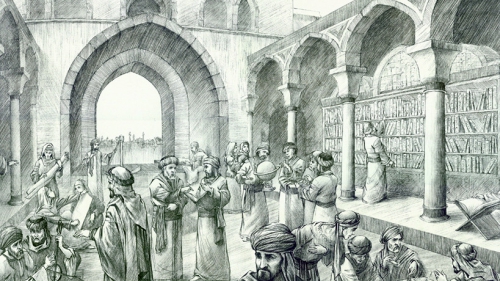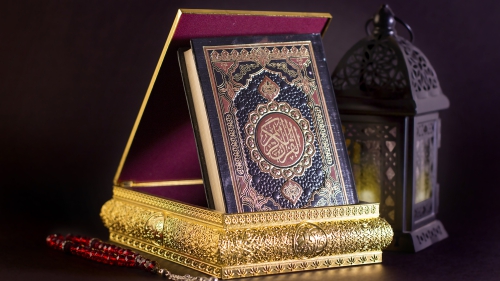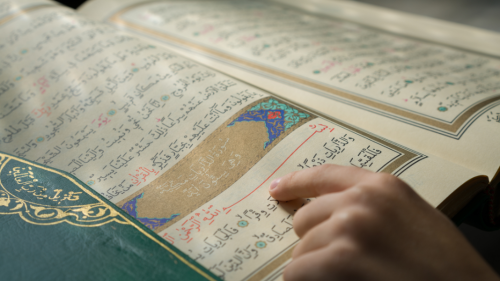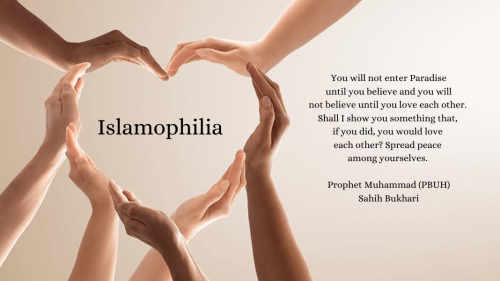A New Breed of Intellectuals
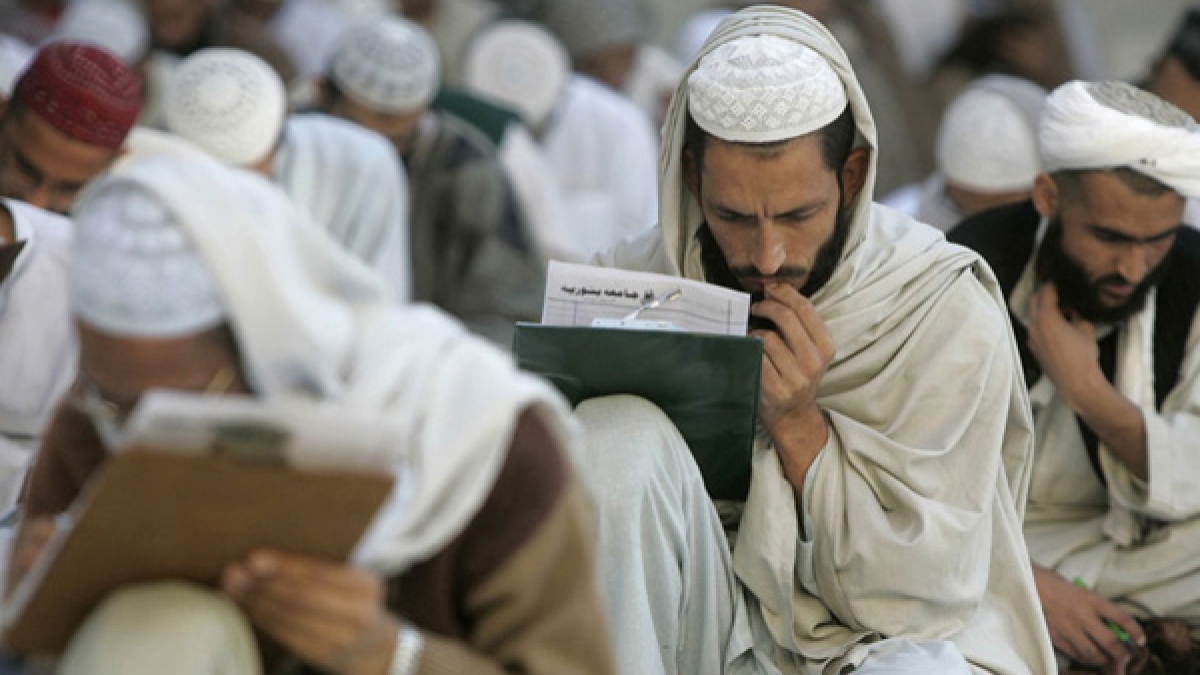
The Muslims of the world, taken as one body, do not present the image of a coherent personality. There is, that is to say, no consensus among them about certain fundamental issues. They are not all committed to the same world-view, they do not have the sense of a shared destiny, and they are not quite agreed on the broad framework within which the multifarious activities of society are to take place.
The reasons for this fragmented being of the Muslim Ummah are not far to seek. When, in the last phase of their decadence, Muslims were faced with the modern challenge, they did not respond to it in a united manner. One section of their intelligentsia strongly resisted the onslaught of modernism. The new thought and culture which had come from the West they condemned as antireligious and unethical, and they spent all their energies in preserving the legacy of Islam from the depredations of modernism. But though they succeeded in safeguarding their heritage, they were seriously at fault in having fought a purely defensive war. They had shut themselves up in cloisters and hoped, ostrich-like, that the storm would blow over. As the events were to prove soon, they were totally mistaken. The other section of the intelligentsia meanwhile saw it more expedient to welcome the new creed with open arms. In order to jump on the triumphant bandwagon from the West, they willingly made the sacrifice which was demanded of them or which they themselves thought necessary to make. And since they were swimming with the stream, they had no difficulty in gaining material ascendancy over the other group which had rejected the new civilization and, in so doing, had surrendered all the advantages which it too could have obtained had it too forsaken its past and embraced the new patterns of thought and life. But this latter group, though worsted in the worldly fight, was by no means a powerless group. It enjoyed a certain kind of authority and prestige among Muslims and it decided to use that authority and prestige to stem what it regarded as the dangerous tide of modernism. Thence began the strife which, being of the nature of a civil war, has enervated the body-politic of the Muslim Ummah and has reduced the Ummah to the status of what Toynbee calls an arrested civilization.
Attempts have no doubt been made to heal this rift between the traditionalists and the modernists. But so far they have not borne fruit. And for an obvious reason. Their rejection of each other is almost total. The traditionalist thinks that he has nothing to do with what he dubs irreligious and immoral modernism. He, therefore, rejects it with a completeness worthy of his blind dogmatism. The modernist, on the other hand, looks down upon all tradition as the principal cause of backwardness and misery. And so he spurns it with a perversely rigid attitude.
The traditionalist is mistaken because he fails to appreciate the true nature of the modern challenge. The modernist falls into error because he fallaciously thinks that anything rooted in the past is antiquated. The traditionalist blames modernism for having weaned Muslims from Islam, their mainstay, while the modernist accuses traditionalism of making the disastrous attempt of putting the clock back. The two are not prepared to listen to each other because each thinks he is in the exclusive possession of the truth. So while things stand as they do, it is well-nigh impossible to effect a compromise between the two parties. And, one is disposed to think, even if some kind of compromise were effected, it would be no more than a patch-work, with the fate of a patch-work.
There is only one way in which this gulf between two very important forces of the Muslim community can be bridged. There must come into existence a new breed of intellectuals who combine in themselves both the traditional and modern strands. The new breed must have a profound sense of the worth of the Islamic traditions and be so well-versed in it as to be regarded better custodians of it than the traditionalists. On the other hand, they must have an intimate knowledge of and a deep insight into the modern situations and problems and prove themselves to be better modernists than the so-called modernists. It is only men of this caliber who can pull Muslims out of the quagmire they are at present stuck in.
Just as the only way of putting an end to the unfortunate condition of Muslims is to produce a new breed of intellectuals, the only means of producing this kind of people is to open educational centers in which talented young Muslims could be trained on the lines suggested above. It is true that educational institutions purporting to achieve that end have been set up in many Muslim countries. But the reason why they have failed to yield to expected results is that they offer a 'mixture' and not a 'compound' of modern and traditional disciplines, of knowledge. These two types of disciplines, that is to say, are being taught in them practically as two hostile systems of thought and no attempt has been made to create a synthesis of the two. No unifying principle informs the crudely amalgamated stuff that the student gets. As a result, instead of throwing his whole weight on the side of Islam, he is dragged in two different directions, and in the end either rejects Islam totally or partially, or, if he is more charitable, forgives Islam.
Of course! it would be ideal if some Muslim government were to undertake the establishment of such educational institutions. But it is doubtful whether any government would take such a project in hand before concrete proof of its feasibility is made available. The initiative, therefore, will have to come from private individuals. People are needed who would set up, or help set up, such institutions.
Related Suggestions
E.W. Faulstich, President
Chronology History Research Institute










